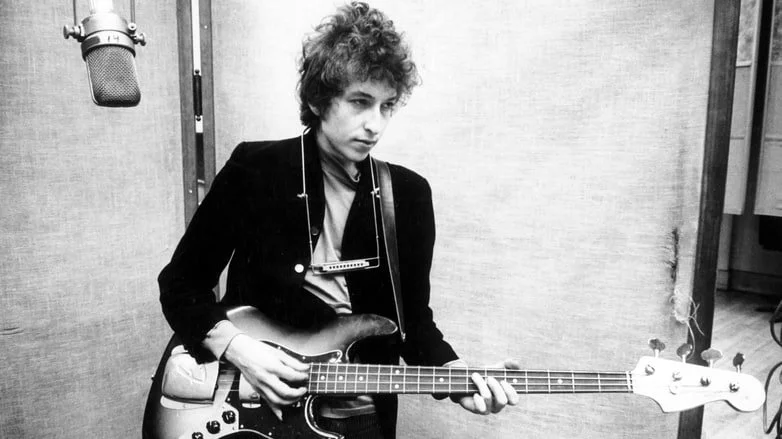What Bob Dylan’s Nobel win means for lyricists
For better or for worse, Bob Dylan won the Nobel Prize for Literature last year. In giving the prestigious award to a lyricist for the first time, the Nobel committee caused a significant amount of controversy. Many believed much more deserving writers, such as Haruki Murakami, were overlooked in favour of an artist who has already received huge amounts of recognition throughout their career. Dylan was most likely himself bemused by the choice, and only accepted the award months after it was announced he was the recipient. Some hoped he would do as Sartre had done in the sixties and return it in an attempt to avoid becoming, what he surely knows he is already, the establishment. Novelist Irvine Welsh (Trainspotting, Filth) said on the subject, “I'm a Dylan fan, but this is an ill-conceived nostalgia award wrenched from the rancid prostates of senile, gibbering hippies.” It is hard not to look at the decision as an ill-advised and unnecessary attempt at reinvigorating public interest in the award. A self-serving decision made for reasons other than simply recognising literary achievement.It is, however, done and the consequences of the choice for all lyricists are certainly worth considering. The decision marks a big change in how the literary establishment views and validates the art of lyric writing. The question is whether lyricists need this validation at all. Certainly the whole point of a lot of music from the sixties folk era is that it was protest music, counter-cultural anthems often serving as the catalyst for change, or at the very least highlighting problems within contemporary power structures. Those who grew up listening to this music are in no doubt about the literary merit of the great songwriters of the 20th century and beyond. Dylan’s lyrics have been quoted and discussed in university-level English lectures for many years, alongside the works of the great American poets who were so important to Dylan himself. Of course the debate over what is and is not literature is always ultimately pointless and eternally reductive by nature. Perhaps this decision implicates that all lyrics of a certain objective quality are now deemed literature by establishments such as the Nobel committee. If that is the case the award was certainly a momentous moment is the history of the written – or in this case, sung – word. In expanding this long-held definition, the committee was immediately met with a chorus of questions like “but where does it stop?!” Perhaps filmmakers will next be rewarded for their achievements? This might be the case in another fifty years. The parameters of literature have become even murkier and more ill-defined. This is not something, I imagine, that bothers anyone doing the actual writing of lyrics. Most don’t think of the work as literary by any means, the primary function of words in songs is always to serve the song’s melody. Functionality is paramount. When these words achieve this whilst also connecting with the listener in a way that only the best literary works can do then it becomes something special. Dylan is by no means the only musician whose lyrics can be held up against any one of the great writers of the cannon. I recently saw the band Vampire Weekend being referred to as “literate rock” in the pages of a music magazine. Despite the problematic nature of such a pompous and aggrandising term, it is the only term I can think of for musicians who write lyrics that engage with the literary tradition, just as Dylan did, referencing works in their songs and using language in imaginative ways usually only found in works of “high art.”Other artist who might fall under this category include Lou Reed, Leonard Cohen, Kurt Cobain, David Bowie, Tupac, Alex Turner, Jarvis Cocker, Neil Hannon, James Murphy, Kate Bush, Patti Smith, Morrissey, Kendrick Lamar and Alt-J, to name few. Now that our greatest popular lyricist has been rewarded, let’s collectively appreciate the artists who try to do as much as possible with language within the context of songs. More weight and respect should be given to accomplished lyricists such as the above mentioned. Perhaps we overlook lyrics too easily. Maybe they don’t need the adulation. Dylan said in his Nobel acceptance lecture “I don’t know what it means, but it sounds good, and you want your songs to sound good”. Maybe they just sound good and that’s enough.


